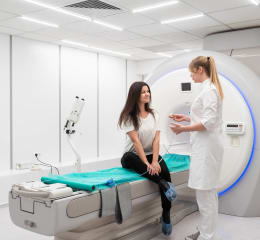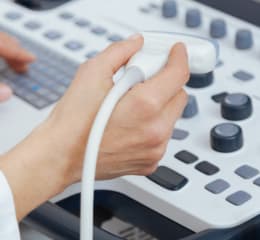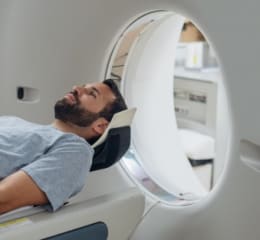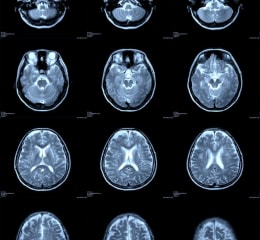Echocardiogram Scans
Book a private echocardiogram scan near you, and fast-track your diagnosis today. It's quick, simple and affordable, and you don't need a referral from your GP. Our prices include an expert clinician consultation, your chosen scan at a convenient location, and speedy online results.
-
Private Echocardiogram Scan
-
No GP referral required
-
Consultation with clinicians
-
Digital imaging report
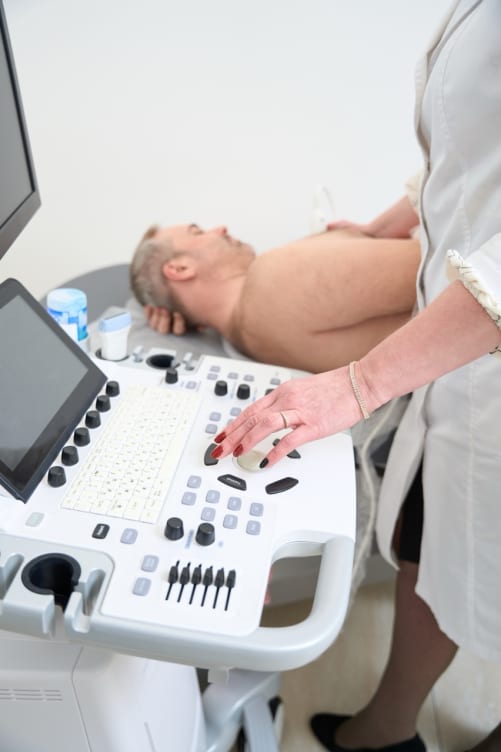
Not sure what you need?
Book a consultation call with our clinicians for expert scan advice for just £50. Plus, you'll get a no-obligation referral if imaging is recommended.
Go to consultation page








